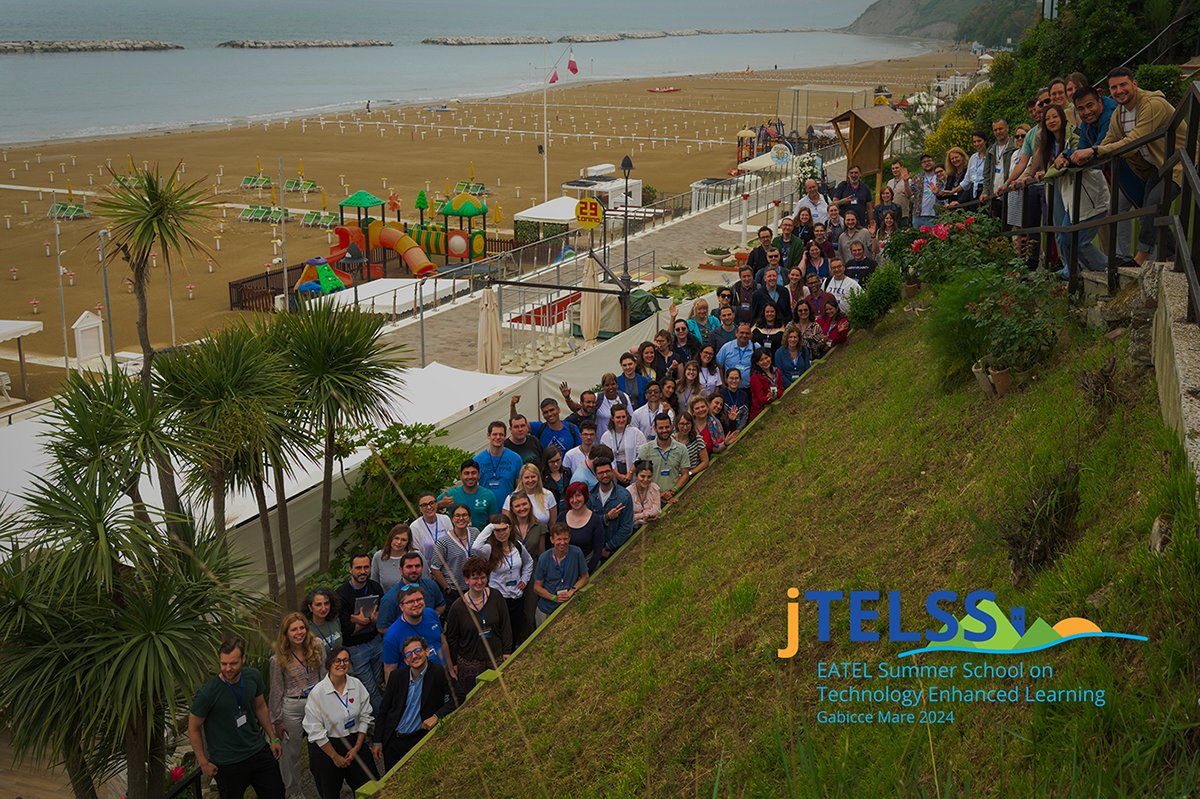
During my recent research visit to Australia, I had the privilege of presenting at Monash University, specifically at the Centre for Learning Analytics Monash (COLAM). My talk, titled “The Quest for Automated Feedback,” explored the evolving role of AI in education, particularly in providing meaningful feedback to students.
As generative AI tools like ChatGPT become increasingly popular among students seeking feedback on their essays, a critical question arises: How effective is this feedback? My research delves into the complexities of generating automated feedback, emphasising that it is not a one-size-fits-all solution. Feedback is inherently context-dependent, influenced by various factors, including the learner’s needs, the task at hand, and the feedback modality.
The literature on feedback is vast and nuanced. I referenced several foundational models, including Hattie & Timperley (2007) and Winne’s Self-Regulated Learning Model (1996), to highlight that there is no universal definition of what constitutes good feedback. However, specific guidelines can help shape effective feedback practices.
AI’s increasing role in education presents both opportunities and challenges. My ongoing qualitative research sheds light on how AI-generated feedback can be tailored to different levels of detail—task-level, process-level, and self-regulation feedback. This differentiation is crucial for enhancing the learning experience.
I discussed various feedback modalities, such as audio, graphics, and haptic feedback, emphasizing that the choice of modality can significantly impact cognitive load. Additionally, the timing of feedback—whether immediate or delayed—plays a vital role in its effectiveness.
The integration of learning analytics with multimodal data collection is a key focus of my research. By leveraging data from both physical and digital learning environments, we can create richer, more personalized learning experiences. This approach aligns with the concept of embodied cognition, where learning is grounded in both the body and the environment.
My talk at Monash University was not just an opportunity to share my research; it was a chance to engage with fellow academics and practitioners who are equally passionate about the future of education. The discussions that followed my presentation were enlightening, and I left with new insights and collaborations in mind.









